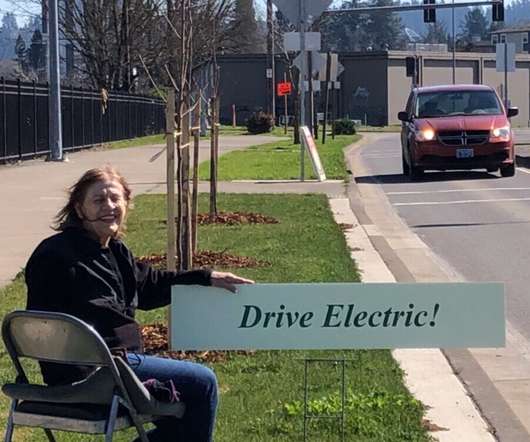Black carbon is a much larger cause of climate change than previously assessed; about twice previous estimates, and 2/3 the effect of CO2
Green Car Congress
JANUARY 16, 2013
Accounting for all of the ways black carbon can affect climate, it is believed to have a warming effect of about 1.1 Emission rates of BC in the year 2000 by region, indicating major source categories in each region. Black carbon aerosol plays a unique and important role in Earth’s climate system. Source: Bond et al.




















Let's personalize your content